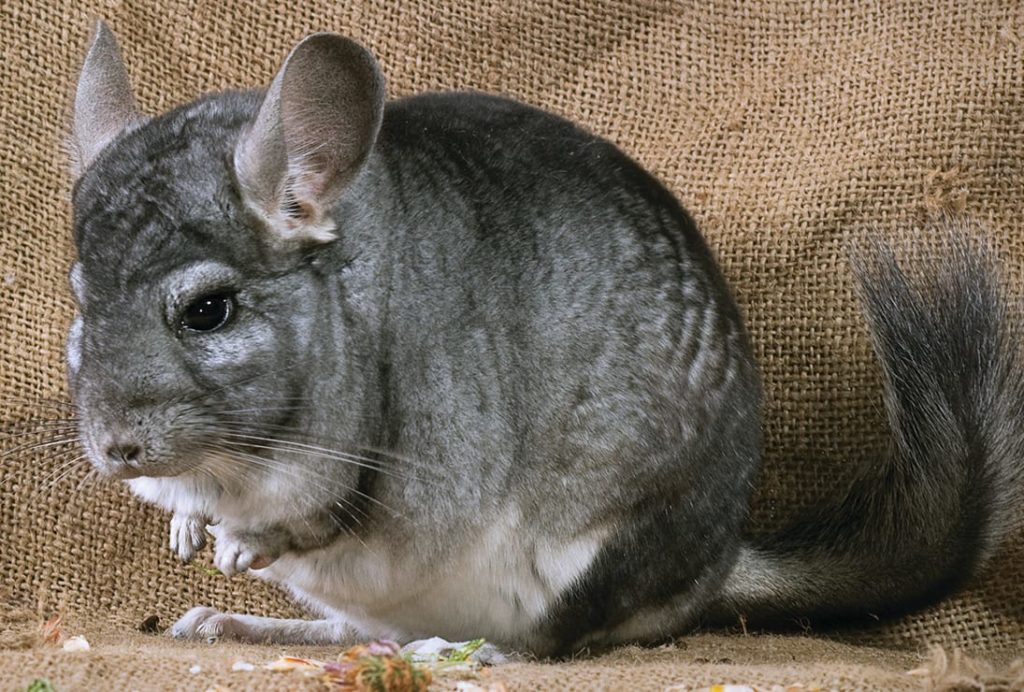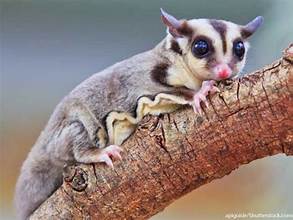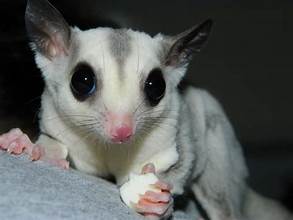Chinchillas are adorable, small rodents from the Andes Mountains in South America. They are known for their incredibly soft fur and playful personalities, making them fascinating pets. However, owning a chinchilla requires specific knowledge to ensure its well-being.
Why Chinchillas Make Great Pets
Chinchillas are low-maintenance, clean, and generally odor-free pets. They are also highly social and enjoy interaction, making them great companions for those who can dedicate time to their care. With proper attention and care, a chinchilla can live up to 15-20 years, making them a long-term commitment.
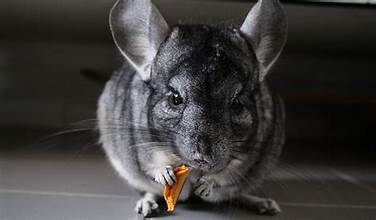
Creating the Perfect Habitat for Your Chinchilla
1. Cage Size and Type:
Chinchillas are active animals that need plenty of space to move around. A multi-level cage with a minimum size of 24 24 by 24 inches is recommended. The cage should be made of wire with a solid base to prevent injuries to their feet.
2. Bedding:
Choose a safe material, such as aspen shavings or paper-based bedding. Don’t use cedar or pine shavings, which can harm your chinchilla’s respiratory system.
3. Temperature and Humidity:
Chinchillas are sensitive to heat and humidity. Keep their environment cool, ideally 60°F to 70°F (15°C and 21°C). High temperatures can lead to heatstroke, a serious health risk.
4. Toys and Accessories:
Chinchillas love to chew and need toys to keep their teeth healthy. Provide chew toys made from safe materials like untreated wood or pumice stone. Include a dust bath, which is essential for keeping their fur clean and healthy.
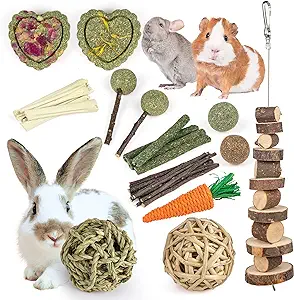
Feeding Your Chinchilla
1. Diet:
A balanced diet is crucial for a chinchilla’s health. The primary component should be high-quality hay, such as timothy hay, which aids digestion and dental health. Supplement this with a small amount of chinchilla-specific pellets.
2. Water:
Fresh water should always be available. To prevent contamination, use a water bottle with a sipper tube.
3. Treats:
Limit treats to small quantities of dried fruits, rose hips, or chinchilla-safe chew sticks. Don’t give them sugary or fatty foods, which can lead to obesity and digestive problems.
Grooming and Hygiene
1. Dust Baths:
Chinchillas do not bathe in water. Instead, they clean themselves using a dust bath. Provide a dust bath 2-3 times a week using chinchilla-specific dust. This helps remove oils and dirt from their fur.

2. Fur Care:
Chinchillas have dense fur, which can become matted if you do not properly care for them. Regular dust baths and brushing with a soft brush can help prevent matting and maintain the health of their fur.
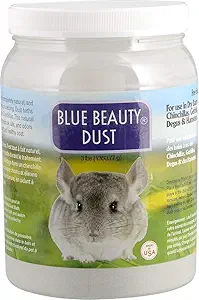
3. Nail Trimming:
Chinchillas generally do not need frequent nail trimming, but checking their nails regularly is essential. If they become too long, trim them carefully with small animal nail clippers.
Health Concerns
1. Dental Health:
Chinchillas have continuously growing teeth, which require regular chewing to keep them in check. Overgrown teeth can lead to dental problems, so provide plenty of chew toys.
2. Respiratory Issues:
Due to their sensitive respiratory systems, chinchillas can develop respiratory infections if exposed to dust, drafts, or high humidity. Ensure their environment is clean, dry, and well-ventilated.
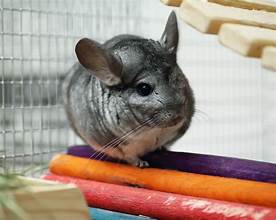
3. Heatstroke:
Chinchillas are prone to heatstroke if exposed to temperatures above 75°F (24°C). Symptoms include lethargy, drooling, and rapid breathing. If heatstroke is suspected, immediate veterinary care is needed.
4. Fur Ring:
Male chinchillas can develop a condition called “fur ring,” where fur becomes tightly wrapped around the penis, leading to swelling and discomfort. Regular checks and grooming can help prevent this condition.
Socialization and Handling
Chinchillas are social animals that love to interact. However, they can be timid, so handling them gently and building trust gradually is essential. Allow your chinchilla to explore its environment and interact with you on its terms.
Conclusion
Caring for a chinchilla requires knowledge, dedication, and commitment to providing a comfortable and safe environment. By understanding their needs, from diet and habitat to grooming and health care, you can ensure your chinchilla lives a long, healthy, and happy life. Whether you’re a new chinchilla owner or looking to improve your care routine, this guide covers all the essential aspects of chinchilla care.

